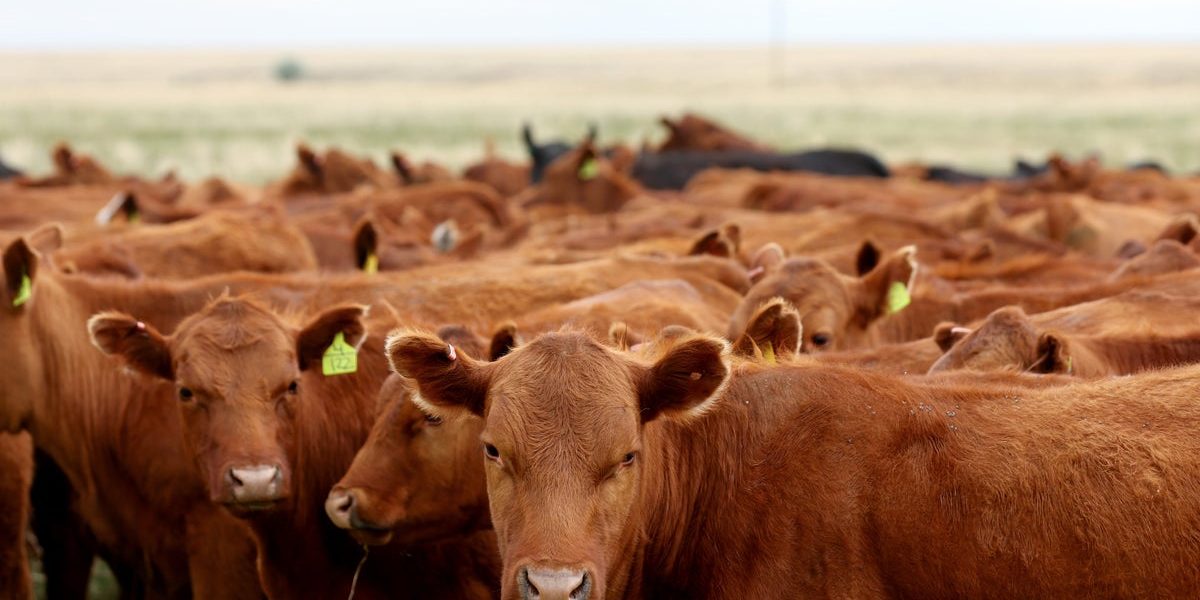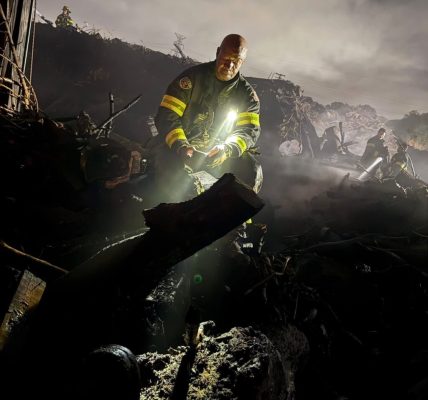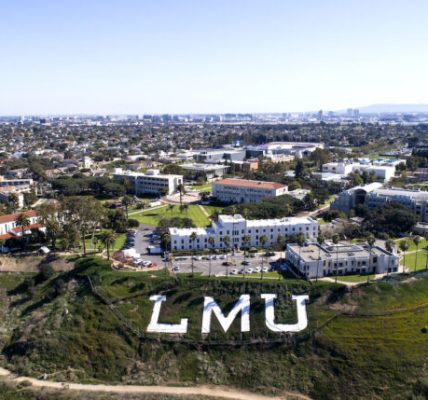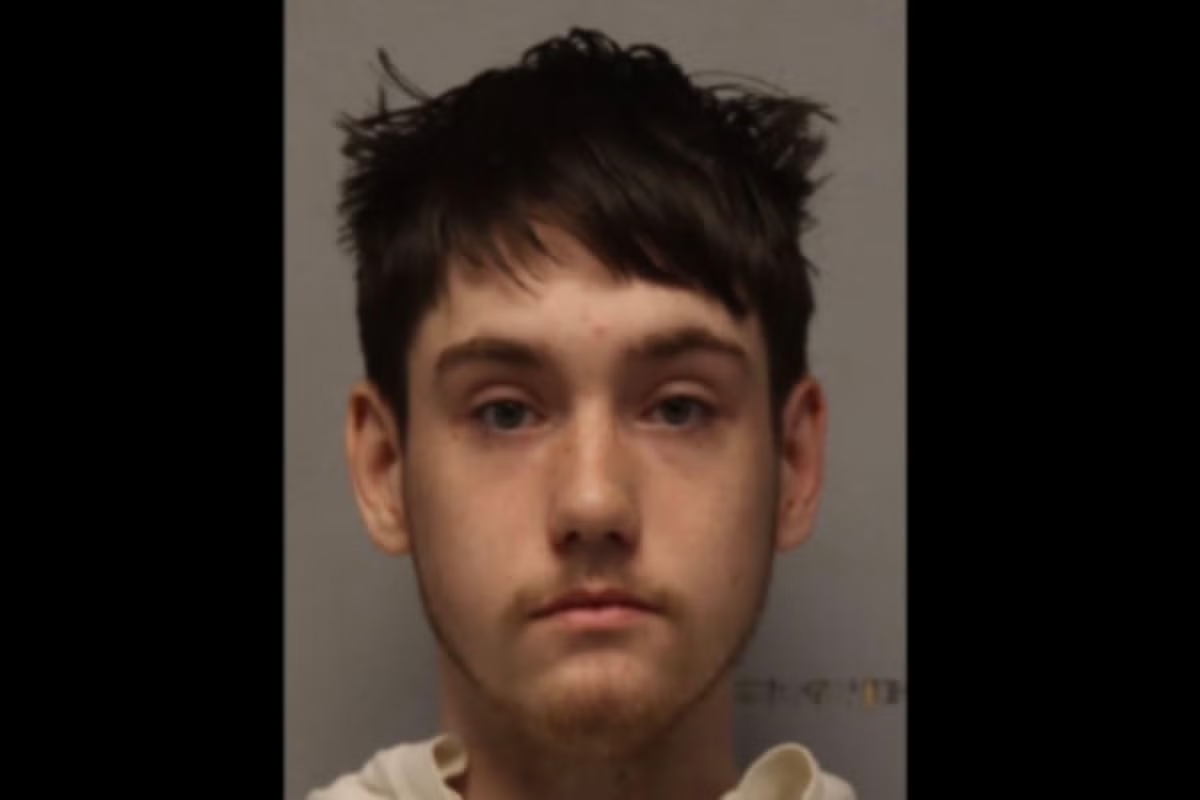A Kentucky cattleman allegedly conned dozens of investors out of $100 million with promises of non-existent “ghost” cattle and the profits from their slaughter before taking his own life.
Now, attorneys, investigators, his alleged victims, and his grieving family have been left to pick up the pieces.
On Thursday, attorneys Mark Bryant, Emily Roark, and David Bryant of Bryant Law Center, Ron Parry of Strauss Troy, and William F. McMurry of William F. McMurry and Associates have filed a class action lawsuit on behalf of residents in Kentucky who, they allege, were defrauded in a cattle investment Ponzi scheme.
The lawsuit accuses Community Financial Services Bank, RABO AgriFinance, and Mechanics Bank of enabling the scheme by providing financial backing and ignoring “clear signs of misconduct, causing devastating financial losses for dozens of Kentucky investors.”
About six years ago, Brian McClain began seeking investors for his cattle business. According to Drovers, who spoke to sources familiar with the scheme, McClain offered a “guarantee” of a 30 percent return on their investment.
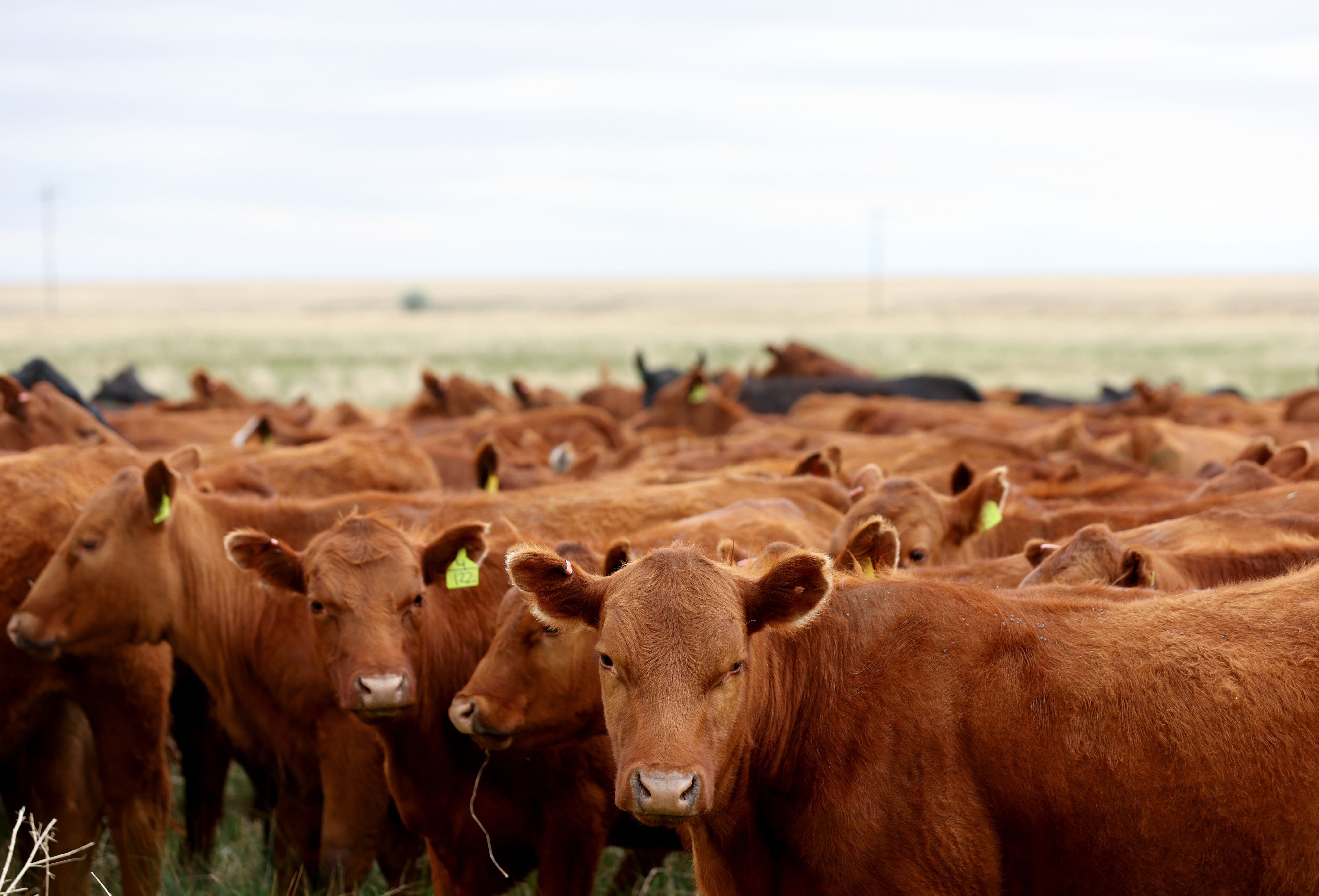
The cattleman operated a trio of businesses: McClain Feed Yard Inc, McClain Farms Inc, and 7M Cattle Feeders Inc. He used his businesses to aggregate cattle from various sources — including rodeos — throughout Kentucky, the southeast U.S., Texas, and Oklahoma.
His companies would then send the cattle to locations in Kentucky or Texas, where they’d be treated for any outstanding medical issues and grown for slaughter.
He did have cattle. Some of his investors — his early investors — did profit. But, according to a new lawsuit, those early investors were paid with cash infusions from newer investors. It was, allegedly, a Ponzi scheme, similar in structure, if not scale, to the massive $4 billion one famously waged by Bernie Madoff.
McClain’s operation began to unravel in February 2023 after he reported his December cattle inventory of more than 88,000 head had fallen to just below 38,000 head. RABO AgriFinance, his lender, reportedly, became suspicious of that claim and ordered an inventory check.
On April 4, a Rabo inspection found that “there were only 7,461 head of cattle in Texas and 3,094 head of cattle in Kentucky.”
Two weeks later, Chris Ward, a special ranger for the Texas and Southwestern Cattle Raisers Association, traveled to McClain’s 7M property on the night of April 18, 2023, to investigate McClain’s missing cattle.
When he arrived, he knew instantly that the numbers were off.
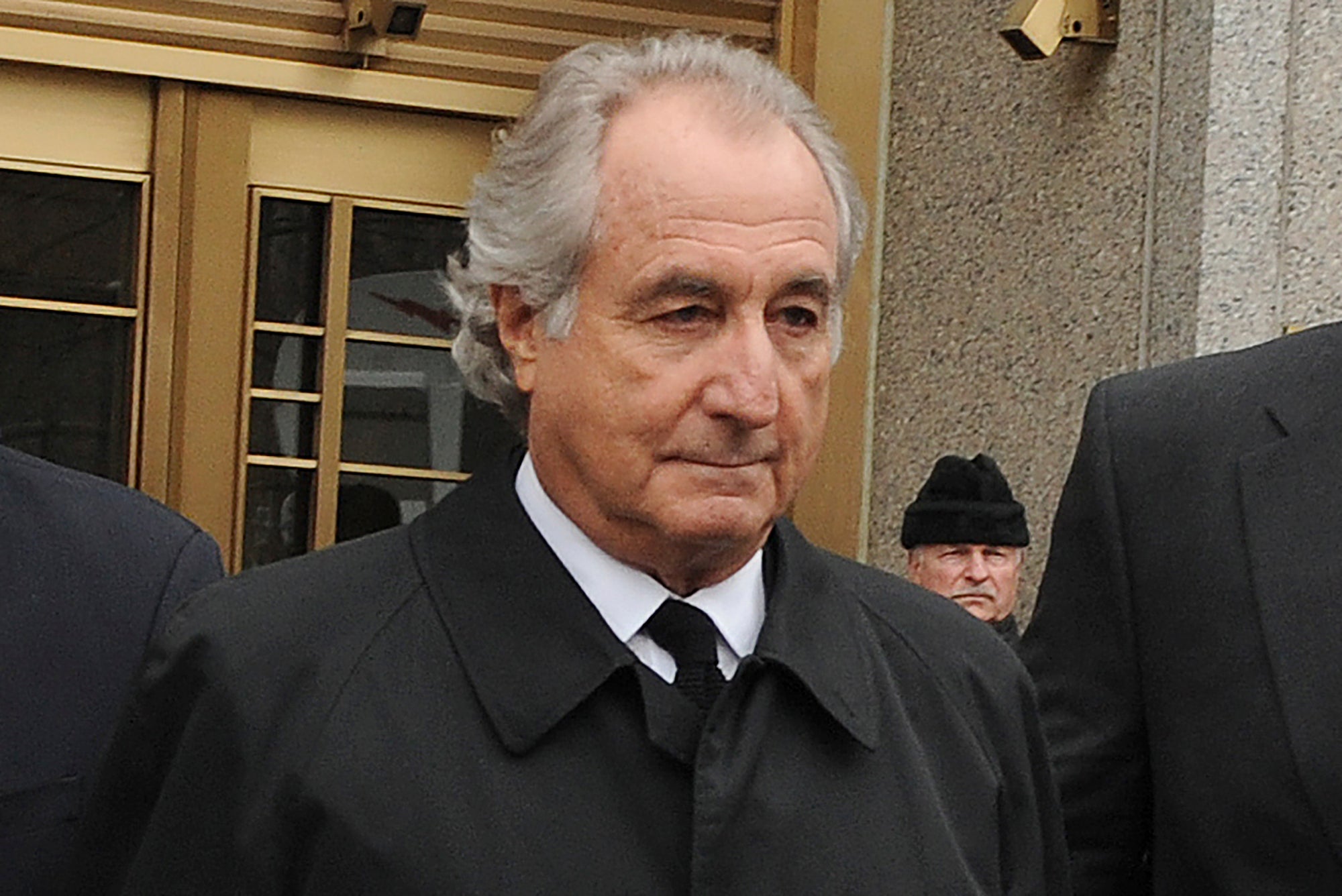
“I don’t remember what the exact count was, but it was very obvious, from what he was supposed to have there, that he — those weren’t there,” he told WPSD. “We’re expecting to see thousands of cattle, and there were not thousands of cattle there — that was obvious.”
McClain died by suicide on the same day.
At least 102 creditors from 14 states, including Texas, Kansas, Kentucky, Iowa, and Oklahoma, as well as investors from Alberta, Canada, are owed money by the companies McClain controlled. Both of those companies and his feed yard are now closed, according to the Southwest Ledger.
The class action suit filed Thursday alleges that “RABO AgriFinance extended over $70 million in credit to McClain despite internal concerns about his poor recordkeeping, inability to verify cattle ownership, and other ‘red flags.'”
It also accuses Community Financial Services Bank, McClain’s local bank, of allegedly permitting “more than 100 days of overdrawn accounts, often by more than $1 million” and failing “to act despite clear signs of suspect intercompany transfers.”
“Mechanics Bank, working closely with RABO, is accused of knowingly participating in a pattern of massive overdrafts and transfers,” the complaint says. “These actions, the suit contends, enabled McClain to sustain the illusion of a profitable cattle operation while diverting new investor funds to pay earlier ones.”
Mark Bryant, the founder of Bryant Law Center, said the suit was “about fairness and transparency.”
“Innocent, hardworking Kentuckians were misled and financially harmed by a system that prioritized profit over people. We believe the law is on their side.”
In a statement to The Independent, Rabo AgriFinance said: “Rabo AgriFinance remains strongly committed to providing financial solutions to U.S. cattle producers, feedlots, and processors. As the legal process unfolds Rabo AgriFinance will refrain from commenting further.”
Investors were left scrambling in the wake of McClain’s death and the news of his alleged fraud.
Kent Rise, an attorney and certified public accountant in Texas, was appointed to manage McClain’s former businesses and to work to recover funds for the purpose of paying back McClain’s creditors.
That includes selling McClain’s assets and filing litigation.
Ries recounted his visit to one of McClain’s companies to WPSD.
“These two facilities were just — they had no real office. I mean, I literally put my foot through the floor of this crummy little office I walked through because it was so poor. The pens were rusted and falling down. You know, for a place that had just gotten a loan a few years before from RABO of $50-plus million, I was pretty stunned that the facilities were in such lousy condition,” he told the outlet.
Ries has been critical of RABO AgriFinance and three other banks who, he argues, did not do enough to detect McClain’s alleged Ponzi scheme.
In March, Ries filed a complaint in the U.S. Bankruptcy Court for the Northern District of Texas alleging that the banks knowingly or negligently enabled a Ponzi scheme. He accuses the banks of fraudulent bank transfers and a lack of oversight that allowed McClain’s alleged scheme to continue for years. HTLF Bank, Mechanics Bank, and Community Financial Services Bank, along with RABO, are named as the defendants in the lawsuit.
The Independent has requested comment from the defendants.
“Rabo ignored countless red flags during the loan application process and ignored many more red flags when it repeatedly extended and increased the Debtors’ supersized line of credit — even sidelining a discerning credit officer to keep funding McClain’s Ponzi scheme — while at the same time receiving millions of dollars of interest, fees, and principal payments from the Debtors,” the complaint reads.

